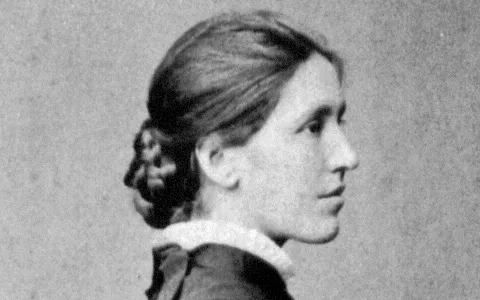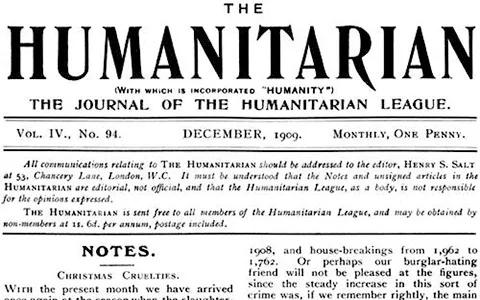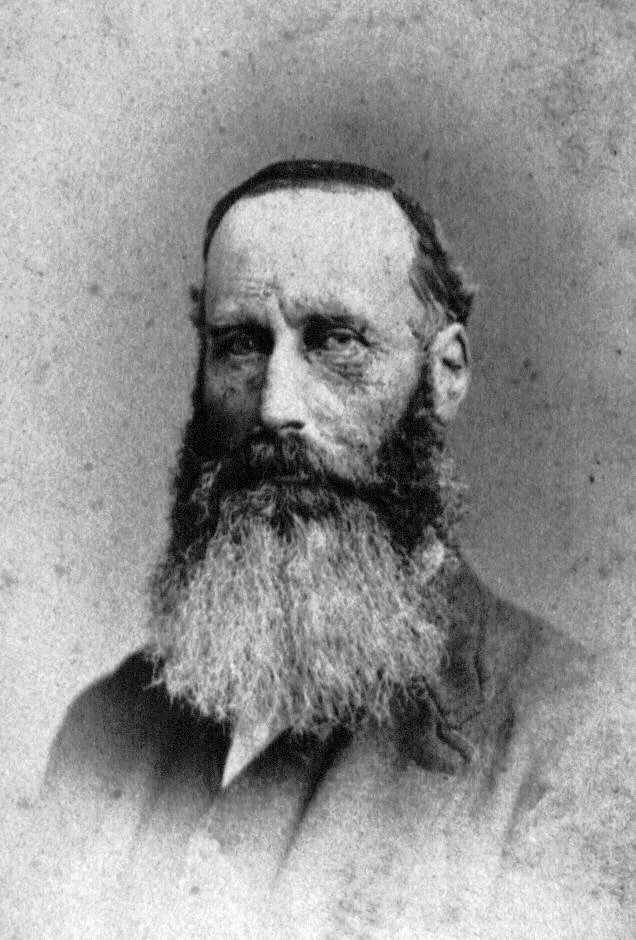Jon Wynne-Tyson (6 July 1924 – 26 March 2020) was a British author and publisher. His books explored a wide range of topics, from vegetarianism and animal rights to literature.
Wynne-Tyson was born in 1924 in London, England. In the 1950s, he began his career in publishing. He also founded his own publishing company, Centaur Press, which published works by such authors as Aldous Huxley and George Orwell.
In the 1960s, Wynne-Tyson became interested in animal rights and vegetarianism. He began to write and speak out on these issues, becoming a leading voice in the movement. His book “The Extended Circle: A Dictionary of Humane Thought” (1985) is considered a classic of the genre.
One of the themes that runs throughout Wynne-Tyson’s work is the legacy of Henry Salt, a British writer and activist who was a key figure in the early animal rights movement. Salt’s work, which was largely forgotten for many years, has had a profound impact on the animal rights movement and on the work of Wynne-Tyson. Salt’s most famous work, “Animal Rights: Considered in Relation to Social Progress,” was published in 1892 and is considered to be one of the founding texts of the animal rights movement.
Wynne-Tyson was instrumental in bringing Salt’s work back into the public consciousness, publishing new editions of Salt’s books and writing extensively about his life and legacy.
Wynne-Tyson’s other books on animal rights and vegetarianism include “Civilized Alternative: Pattern for Protest” (1972) and “Food for a Future: The Complete Case For Vegetarianism” (1979). These books were influential in shaping the debate around animal rights and environmentalism, and helped to raise awareness about the negative effects of meat consumption on the planet and its inhabitants.
In Jon Wynne-Tyson autobiography “Finding the Words: A Publishing Life” (2004) he reflects on his life and the events that had shaped his beliefs and values. The book is structured as a series of essays that explore different themes and experiences, from his childhood in post-war Britain to his travels around the world and his involvement in the animal rights movement.
Jon Wynne-Tyson’s books are a testament to his intellectual curiosity and moral passion. Whether he was writing about animal rights or literature, he brought a sharp intellect, a keen eye for detail, and a deep sense of empathy to his work.


